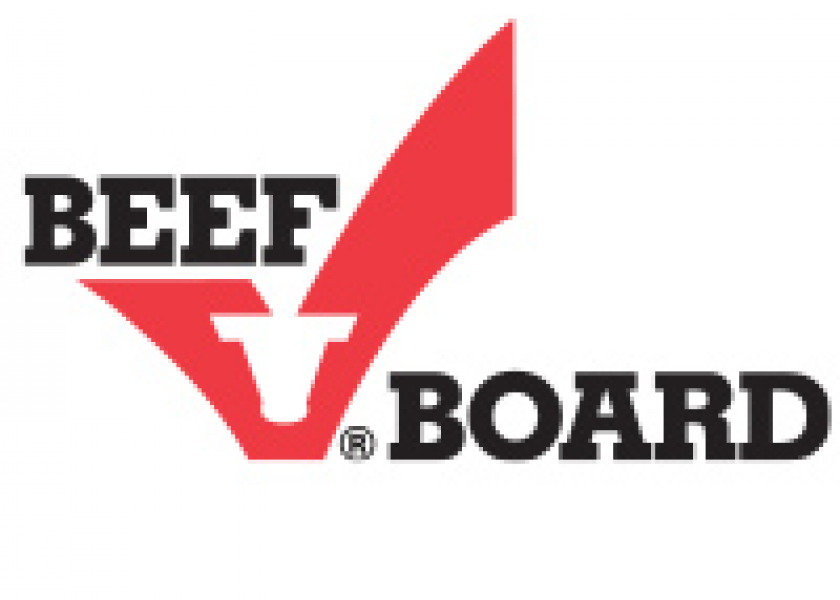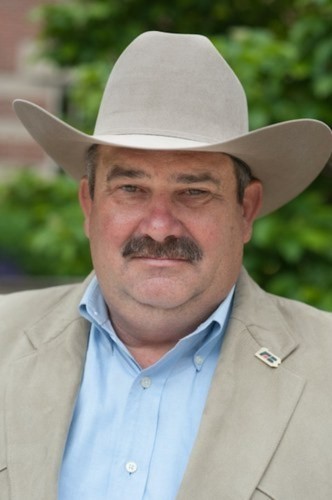Dan Kniffen: Beef Quality Audit Continues to Pay Dividends for the Entire Industry

Dan Kniffen, Former Member, Cattlemen’s Beef Board and Advisory Group Member, Beef Quality Assurance Program.
I was born into the livestock industry, and I’ve enjoyed working with the great people in this industry my whole life. Over the years, I’ve been able to develop and raise a personal herd of purebred cattle. I’ve also spent more than 40 years working with students, currently at Penn State University as the cow-calf beef extension specialist and as an Animal Science professor. I enjoy helping students better understand the many facets of beef production. Take it from me—it’s true when they say if you love what you’re doing, no day ever seems like work.

I’m also just one of many people who’ve chosen to volunteer and give back to this industry that’s provided the lifestyle we love. I’ve had the pleasure of serving several terms on the Cattlemen’s Beef Board (CBB), and I’m also a member of the Beef Quality Assurance program's advisory group. Through the CBB, I’ve developed some great friendships and dedicated considerable time and effort to ensuring the prudent investment of Beef Checkoff dollars. One of those investments is the National Beef Quality Audit (NBQA) that has taken place every five years since 1991.
NBQA helps us better understand what “quality” means to different beef industry sectors and the value of those quality attributes. The audit helps the beef industry discover what we should change to increase the value of our products. The Beef Quality Assurance Advisory Group develops the questions asked in each NBQA and ensures consistency with previous audits to permit a year-over-year data comparison. Then, we meet to review and discuss the audit results in great detail with our group and the research team that conducts the audit to develop consistent messaging.
My first thought after seeing the results of the first NBQA back in ‘91 was, “We have a lot of work to do.” And we did. But through a vigorous, industry-wide effort, we’ve tackled the challenges uncovered by that audit and the ones that followed. For example, the first NBQA raised the issue of injection-site lesions that consumers found concerning and distasteful. Just a few short years later, injection site lesions were almost nonexistent.
Over the years, as the NBQA advanced through its five-year cycle, the industry continued to measure and manage challenges with the same quick attention and turnaround. To get a better handle on consumer perceptions, the audit now includes a section with input from an in-person consumer survey. Implementing this survey gives us the opportunity to discuss the resulting data at producer meetings around the country.
The most recent NBQA took place in 2022. After looking at that audit’s results, I was pleased to see the industry’s continued progress toward the goals specified in our Long Range Plan. We’ve significantly improved efficiency across the entire supply chain, and that’s helped control our production costs, which benefits all consumers.
Additionally, it’s intriguing to see from this audit that consumers are far less concerned about food safety. They now simply expect our product to be safe without question – because we’ve taken the steps to ensure it is. We also found that more producers are adopting electronic ID for interstate movement of cattle, which should improve beef access to additional international markets. We’re also seeing more prime and choice carcasses available due to slower packing plant operations during the pandemic. As a result, more cattle remained in feedlots longer, gaining more weight and getting into better condition than they might have during a typical production year. Given today’s low cattle inventories, this situation is likely to change as cattle in the feedlot sector cycle out.
The NBQA remains one of the best ways for our industry to get a handle on current beef industry data and trends. Without the audit, we would lose the opportunity to manage beef quality because we’re not measuring its performance. As we’ve identified areas requiring improvement, beef industry stakeholders have come together and developed effective plans to address those issues. Without the continued checks and balances that the audit provides, beef would likely lose market share, something no beef producer wants. Our livelihoods depend on the NBQA.
With the perspective of time, it’s plain to see that investing Checkoff dollars in the NBQA has returned significant dividends to producers and the entire beef industry. You may know the adage, “If you don’t measure it, you can’t manage it.” That’s exactly what the first NBQA did back in 1991 and continues to do today.







